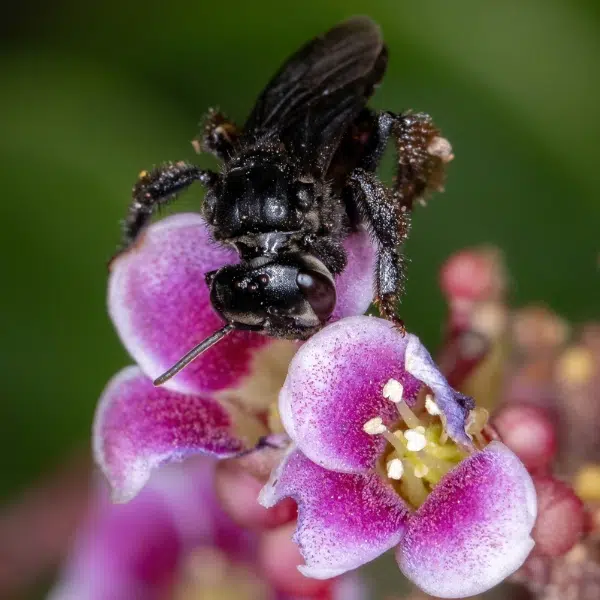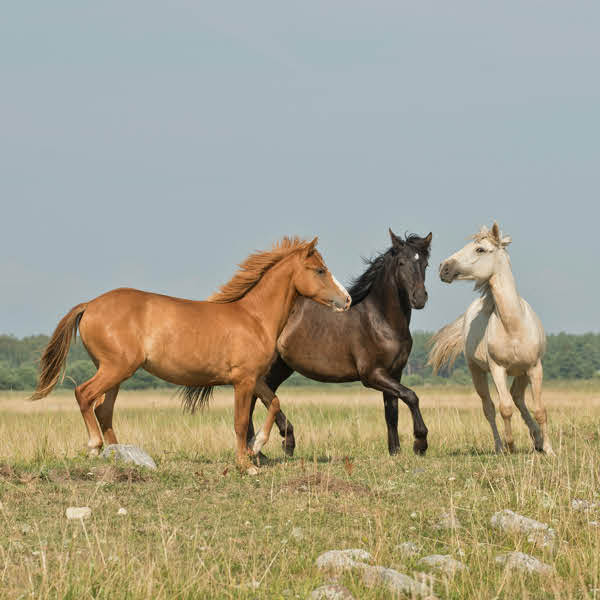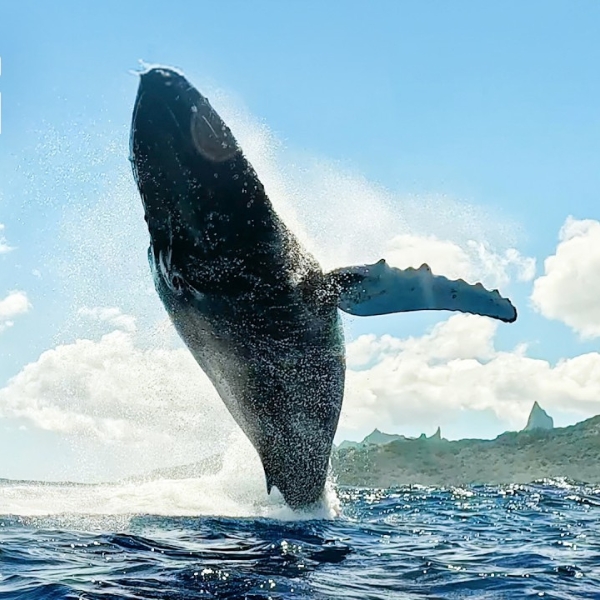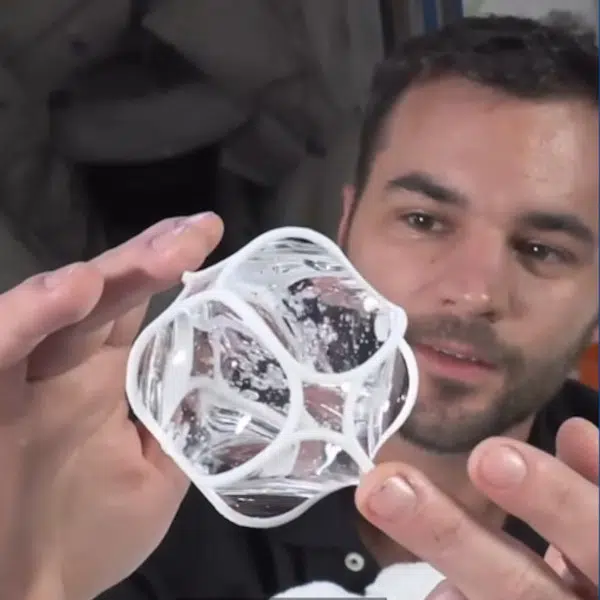On March 9, 2025, an international group of scientists achieved something remarkable while aboard a Schmidt Ocean Institute research vessel. Off the coast of the South Sandwich Islands, in the South Atlantic Ocean, they were the first to ever film a live colossal squid in its natural habitat—and it’s a baby.
“We get to introduce the live colossal squid to the world as this beautiful, little, delicate animal,” Kat Bolstad, a biologist at Auckland University of Technology, said during a recent press conference. “[The finding] highlights the magnificence of a lot of deep-sea creatures without some of that monster hype.”
Up until now, this elusive, deep-sea species has mainly been encountered as prey remains, lodged deep inside whale and seabird stomachs. Dying adults have also previously been filmed by fishermen, but this newly obtained, high-resolution footage marks a momentous leap forward in the study of the enigmatic colossal squid. The video, which lasts about a minute and a half, was recorded via a remotely operated vehicle at a depth of 600 meters (around 2,254 feet), and showcases a juvenile colossal squid floating through the waters.
The baby’s iridescent eyes emit a red glow, and its tentacles gracefully tail behind its transparent body. In the surrounding murk, it almost resembles a “delicate glass sculpture,” per Bolstad. She and Aaron Evans, another glass squid expert from Auckland University of Technology, were ultimately able to confirm the squid’s identity due to the unique hooks lining the middle of its eight arms.
Though a mere 30 centimeters (nearly 1 foot) in the video, the baby squid will eventually mature into the world’s heaviest invertebrate, measuring up to 23 feet long and 1,100 pounds. Its eyes alone can grow wider than a standard soccer ball. Still, little is currently known about the colossal squid’s life cycle, according to a statement issued by the Schmidt Ocean Institute, only increasing the critical insight this footage provides.
“For us to get footage of a juvenile to begin with is so wonderful,” Evans explained during the press conference. “It gives us a starting place because the life history of the colossal squid itself is kind of poorly known.” He added that upon reviewing the footage with Bolstad, he “started hyperventilating.”
This incredible discovery couldn’t have come at a more fortuitous moment: 2025 marks the 100th anniversary of the colossal squid’s identification. Since its first discovery in the stomach of a sperm whale in 1925, only eight adult colossal squid have been found, and six of them were prey remains. It should come as no surprise, then, that Bolstad calls this footage “one of the most exciting observations we’ve had.”
Researchers aboard a Schmidt Ocean Institute research vessel have captured footage of a live colossal squid in its natural habitat for the first time—and it’s a baby!

Photo: ROV SuBastian / Schmidt Ocean Institute
Sources: First Confirmed Footage of a Colossal Squid—and it’s a Baby!; Colossal squid filmed in its natural habitat for the first time; Colossal squid filmed alive in the ocean for first time 100 years after discovery
Related Articles:
Ocean Census Announces the Discovery of Over 800 New Marine Species
Up-And-Coming Ocean Photographer Shares Her Passion for Marine Life [Interview]
Battery-Like Metals Generate “Dark Oxygen” in the Deep Ocean
Scientists Discover Possible Ocean of Water Beneath Mars’ Surface






















































































